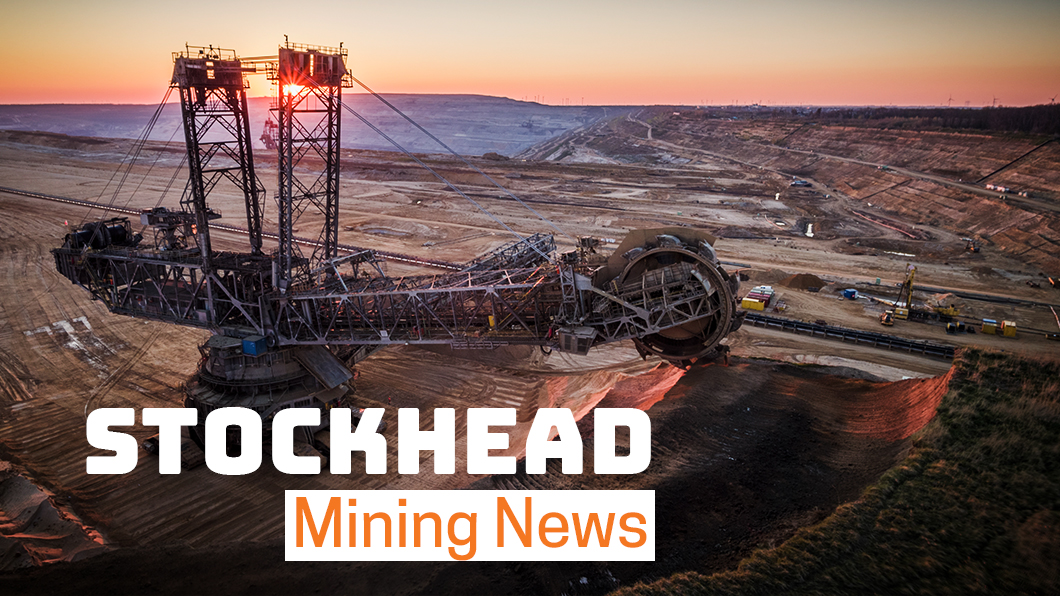Magnetite Mines is now focused on progressing Razorback DFS after hitting more key milestones in the June quarter

Pic: Schroptschop / E+ via Getty Images
The June 2021 quarter has been one of building foundations for Magnetite Mines, as it progresses development of its Razorback iron ore project in South Australia.
The major milestone was the release of the PFS in early July, which confirmed the attractiveness of a staged development of the project. The initial stage 1 development was based on up to 3Mpta of high grade concentrate and highlighted a net present value of $669 million and a 20% internal rate of return for a project with an initial capital requirement of around US$500m.
This is a relatively low initial capital amount for a high grade, long life iron ore project. Adding interest, current iron ore prices are well above the 62% iron ore reference price of US$110 used in the study.
Feeding in to this result was the definition of an ore reserve of 473 million tonnes — with a mass recovery of 14.5%, or about 68.5Mt of 68% iron ore concentrate, based on a mine life of more than 20 years.
But this is just a portion of the broader 3 billion tonne resource at Razorback. The indicated resource is 1.5 billion tonnes, which, if it were able to be converted to a reserve, could result in a mine life of over 100 years.
During the quarter, Magnetite Mines (ASX:MGT) also raised $7m through an institutional placement to fund pre-feasibility studies while the conversion of options added another $7.5m to its coffers.
“During the quarter the company has achieved several key milestones as we progress to become a long-life producer of high-grade iron ore concentrate from our flagship Razorback Iron Ore Project in South Australia,” executive chairman Peter Shubert said.
He added that included the 1.2Bt Ironbark Hill and 1.5Bt Muster Dam projects took the company’s total resource up to 5.7Bt.
“Following the strong PFS result, we have moved straight into a definitive feasibility study for the Stage 1 development of the project,” he added. “We have also decided to look at the expansion potential of the project”.
Definitive Feasibility Study
During the current quarter, Magnetite Mines will focus on progressing the DFS through a number of activities.
These includes planning of DFS work programs and critical path scheduling, securing proposals and quotations for the engagement of key study engineers and consultants as well as recruiting key staff for management of the DFS work programs.
The company will also continue collecting data to determine ecological baseline studies that will support permitting and approvals, and entering into contracts with drilling contractors for groundwater and metallurgical sample acquisition.
This article was developed in collaboration with Magnetite Mines, a Stockhead advertiser at the time of publishing.
This article does not constitute financial product advice. You should consider obtaining independent advice before making any financial decisions.
Related Topics
UNLOCK INSIGHTS
Discover the untold stories of emerging ASX stocks.
Daily news and expert analysis, it's free to subscribe.
By proceeding, you confirm you understand that we handle personal information in accordance with our Privacy Policy.








